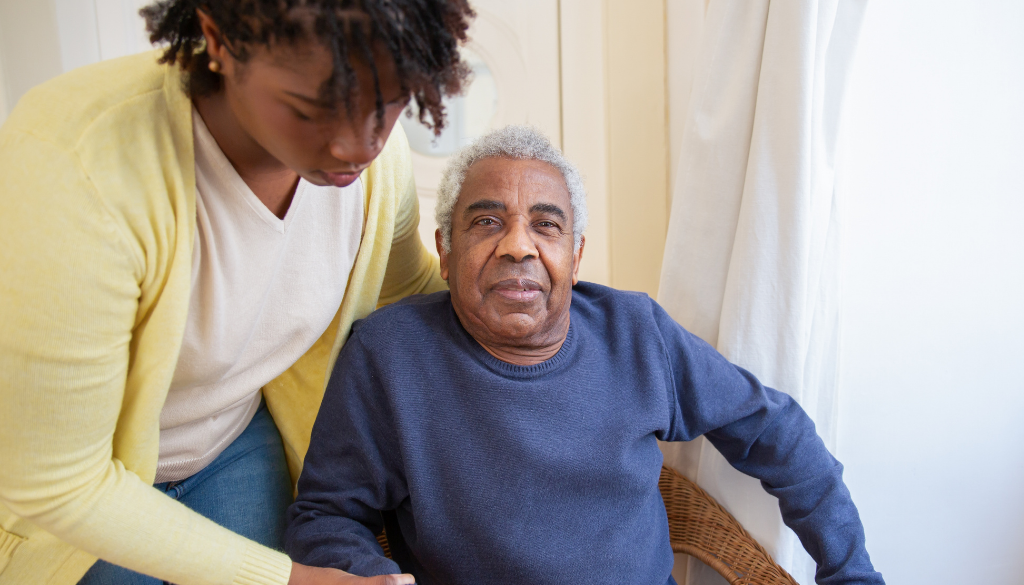When Dementia Gets Worse: Signs and How to Cope
Caring for a loved one with dementia is a journey filled with challenges, emotional moments, and deep connections. As dementia progresses, changes in behavior, memory, and daily abilities become more noticeable, making it crucial for caregivers and families to recognize the signs and adapt their approach. Understanding these changes and accessing the proper support can make a meaningful difference for both the individual living with dementia and their caregivers.
Recognizing the Signs of Dementia Progression
Dementia affects each person differently, but common signs indicate when the condition is worsening. Identifying these early can help caregivers prepare and seek appropriate resources to ensure continued quality care.
Increased Confusion and Disorientation – As dementia progresses, individuals may struggle to recognize familiar faces, places, or even the time of day. They may get lost in once-familiar settings or have difficulty following conversations.
Difficulty with Communication – Language skills often decline, making it harder for individuals to express their needs or understand others. This can lead to frustration, anxiety, or withdrawal from social interactions.
Behavioral and Mood Changes – Agitation, restlessness, increased irritability, or even aggression may develop. Depression and anxiety can also become more pronounced as individuals experience greater confusion and loss of independence.
Changes in Daily Functioning – Once manageable tasks, such as dressing, bathing, or preparing meals, may require more assistance. Caregivers may notice a decline in personal hygiene or a loss of interest in once-enjoyed activities.
Increased Dependence on Caregivers – As cognitive and physical abilities decline, individuals with dementia become more reliant on caregivers for day-to-day tasks. They may need assistance with eating, mobility, or managing medications.
How to Cope and Provide the Best Support
Caring for someone with progressing dementia requires patience, adaptability, and access to the right resources. Below are ways caregivers can navigate these challenges while ensuring their loved one’s well-being.
Create a Safe and Supportive Environment
- Remove hazards that could lead to falls or injuries.
- Simplify the home layout with clear labels or signs.
- Establish a daily routine to provide consistency and reassurance.
Enhance Communication Strategies
- Use simple, clear sentences and allow extra time for responses.
- Maintain eye contact and use nonverbal cues to reinforce understanding.
- Reduce distractions during conversations to help with focus.
Seek Emotional and Educational Support
Navigating dementia care can feel overwhelming, but caregivers don’t have to do it alone. Caregiver Academy provides education and guidance to help families build skills and confidence in their caregiving roles. This program equips caregivers with practical strategies to manage challenges while prioritizing their well-being.
Utilize Respite Care and Support Services
Caregivers need time to rest and recharge. The GUIDE program, designed to provide comprehensive dementia care, offers a respite benefit that allows caregivers to take necessary breaks while ensuring their loved one continues to receive compassionate, professional support.
Prioritize Self-Care and Resilience
Caregivers often prioritize their loved ones, but their well-being is just as important. Seeking support from caregiver groups, practicing stress-reducing activities, and maintaining personal health are essential for long-term caregiving success.
Accessing Resources and Moving Forward
Understanding the progression of dementia and implementing supportive strategies can enhance the quality of life for both individuals with dementia and their caregivers. By embracing teamwork, compassion, and collaboration, caregivers can create a meaningful, holistic approach to care. If you or a loved one need additional support, consider contacting programs like LifeCare Memory Partners for expert guidance and respite opportunities.
Providing care for a loved one with dementia is a journey, and you are not alone. With the right knowledge, resources, and community support, you can navigate this path with resilience, dedication, and peace.





